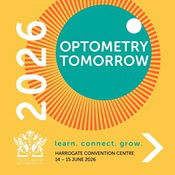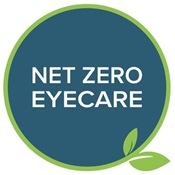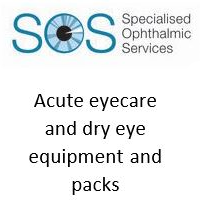Professional Matters Optometry & Dispensing
HCPC publishes report on the professions it regulates and the unregulated expansion of advanced care.
HCPC publishes report on the professions it regulates and the unregulated expansion of advanced care.
The Health Care and Professions Council (HCPC) regulates fifteen different professions; some of these are large groups like Physiotherapists and some are much smaller such as Speech and Language Therapists (SLT).
Most of the people registered by the HCPC work within their own areas of clinical expertise and defined professional scope of practice. However, an increasing number of registrants are undertaking new or additional roles beyond the traditional scope of practice for the defined profession.
These roles are often shared with other medical or health professionals and persons undertaking these roles are often, but not consistently, referred to as Advanced Practitioners.
The HCPC regulates:
Arts Therapists, Biomedical Scientist, Chiropodist/Podiatrist, Clinical Scientist, Dietitian, Hearing Aid Dispenser, Occupational Therapist, Operating Department Practitioner, Orthoptist, Paramedic, Physiotherapist, Practitioner Psychologist, Prosthetist/Orthotist, Radiographer Speech and Language Therapist
Despite the increase in the undertaking of these advanced roles often occuring because of a proven need in health care, the HCPC states there is no clear evidence, based on the findings of this research, that additional regulation of advanced level practice is needed, or desired, to protect the public.
However, as the HCPC is one of the few organisations with a UK wide remit, it may have a central role in achieving unification across the 4 nations in relation to the future role expectations, educational standards, and governance of advanced level practice.
Ed. It is noticed that less than 3% of the 1500 registered Orthoptists responded to this report which you can read here. The pandemic has no doubt increased this rise in scope of practice and much of this is to be congratulated in seeing primary care professionals work in teams and not silos. Whilst the HCPC might consider its future role in reporting these advances let us hope that it doesn’t consider additional regulation which once again will slow the expansion of corroboration between professionals and create yet more turf wars.
























